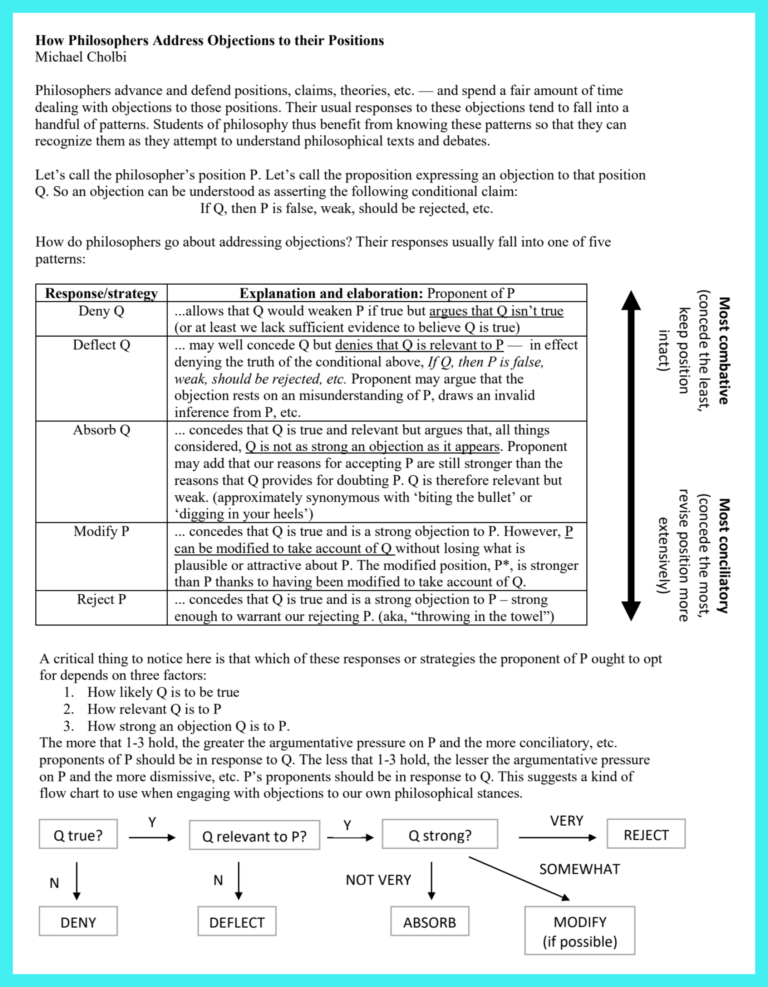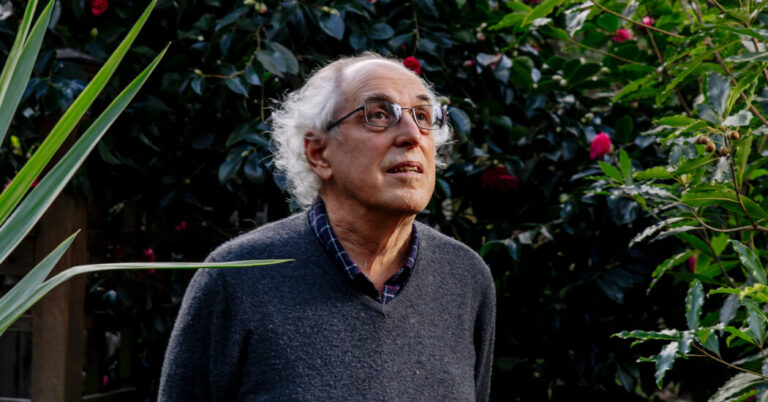Many experts though still aren’t convinced voting by app or through a website is a good idea, beyond the small programs already created for disabled people, expats and military service members.
We may not be able to vote by text or on a website, but in 2018, West Virginia did attempt to allow voting by app. The program, created by a company called Voatz, was designed to help military service members overseas cast their ballot. To use the app, voters had to register by taking a photo of their government-issued ID and uploading a selfie video of their face. Facial recognition software then made sure the person in the video matched the person depicted on the government ID, and listed in voter records. People in 31 countries were able to vote back then using the app.
If there are large-scale efforts to disrupt the election by tricking people into thinking they can vote by text or by some other method, we may not learn about it until after Election Day.
There’s also the potential for threats from countries like Iran and Russia, which have obtained voter registration data in the past.
The reason I’m writing this is that in the past few elections, hackers and online trolls have reportedly tried to disenfranchise voters by promoting false voting alternatives like text messaging, to effectively trick people into not actually casting their ballot.
Thankfully, there aren’t any concrete examples of significant hoax voting campaigns this year, but it has happened before. Most notably, during the 2016 election some Twitter accounts tried to trick people into texting a number to record their vote. “Avoid the line,” the tweet read.
“We’re a very long way away from a place to make sure we could use the technology to vote safely,” Sarah Brannon, managing attorney with the American Civil Liberties Union’s Voting Rights Project, said during the last election cycle.
“We’ve been working for years as a community to build resilience in our election infrastructure and today that infrastructure remains resilient,” FBI Director Chris Wray said in a statement during a 2020 press conference after Iran appeared to use voter data to send fake emails to voters in an effort to intimidate them. “You should be confident that your vote counts.”
- How to build a website with WordPress and what are the best plugins to use: Building a website with WordPress is an excellent choice due to its versatility, ease of use, and a vast array of plugins that enhance functionality. Here’s a comprehensive guide to building a WordPress website, along with recommendations for the best plugins.
- What does this property buzzword mean and how does it actually work? Gearing simply means borrowing money to buy an asset. Negative gearing can be a tax strategy used by investors and describes when the income (ie, the rent) made from an investment is less than the expenses it incurs, meaning it’s making a loss.
- How to Sell Your Ecommerce Business for the Best Value: Selling an ecommerce business can be a very profitable move. You can use the proceeds to invest in other projects, launch new ecommerce business websites, or even retire. For some startups, selling the business is the end goal. Whether you have a dropshipping website, sell with Amazon FBA, or own a large-scale ecommerce business, there’s an opportunity for you to sell.
- Comprehensive Guide to WordPress Website Development: Developing a WordPress website is a sequential process that requires careful planning, thoughtful execution, and consistent maintenance to ensure it meets the needs of users and achieves its intended goals. This involves a series of clearly defined stages, including planning, designing, content creation, optimisation, and ongoing maintenance.
- Top 10 High-Paying Jobs AI Won’t Replace in 2025: Artificial Intelligence (AI) is revolutionizing industries, automating repetitive tasks, and reshaping the global workforce. Despite its remarkable advancements, certain professions remain beyond AI’s capabilities due to their reliance on uniquely human traits like creativity, empathy, and critical thinking. This case study explores the 10 highest-paying, fastest-growing jobs in 2025 that AI won’t replace, delving into why these roles are indispensable and how they are evolving in an AI-driven world.
- Spill Your Guts: What To Wear To Olivia Rodrigo’s Australian Tour: Never afraid of screaming out all the dark, embarrassing things we’ve all thought before, Rodrigo sings about comparing herself to her boyfriend’s ex-girlfriend. If you want an edgy outfit that mimics the music…
- Top Social Media Plugins for WordPress to Increase Your Sites Reach and Engagement: If you are seeking to enhance your website’s reach and engagement on social media, you have come to the right place. In this article, we will delve into the premier social media plugins tailored for WordPress users. From Social Warfare to Jetpack, these plugins can facilitate seamless sharing of your content across diverse social platforms.Furthermore, we will provide recommendations to optimize your website’s visibility on social media. Keep an eye out for valuable insights!
- How to Change PuTTY’s Appearance: PuTTY is a widely-used SSH and telnet client for Windows and Linux hosting. While its default appearance is functional, you can customise it to improve aesthetics and usability. Below are the steps to modify PuTTY’s appearance, including changing the font, window size, colours, and cursor options.
- What programming languages does vBulletin use?: vBulletin was orginally written in perl and used a flat file database system. However, as sites grew they notice that sites could not cope with a large amounts of traffic. This problem has now been fully rectified when vBulletin was converted to php and a mysql database system.
West Virginia dropped its app plans in 2020, though, after researchers at the Massachusetts Institute of Technology said the Voatz app had “significant security flaws.” Voatz responded at the time that all the pilot programs it had participated in had been “conducted safely and securely with no reported issues.”
Of course, 2022 is turning out a little different. Elon Musk has taken over at Twitter after spending months threatening all manner of changes to moderation policies and the way the company operates. He closed his billion purchase of the company on Oct. 27, beginning with firing top executives. He’s since said he won’t make any major changes to moderation or banned accounts until after Election Day.
Happened before
Election officials and cybersecurity experts have been working overtime to strengthen our voting system against cyberattacks and election meddling. Meanwhile, Facebook, Twitter and Google have tightened rules on political ads.
But that works only if you actually vote.
If you didn’t know that, now you do. If you did know it, good. Now tell your friends.
But there’s still a chance trolls will try to strike at the 2022 midterm elections. Earlier this month, two right-wing operatives pleaded guilty to arranging thousands of robocalls intended to discourage residents from minority neighborhoods from voting. Last year, another far-right influencer and Trump supporter pleaded guilty and was sentenced to more than four years in prison for circulating messages on Twitter that encouraged voters for Democrat Hillary Clinton in 2016 to “Avoid the line. Vote from home.” Meanwhile, election deniers in office or running for office are worrying researchers, who say they’re among the country’s biggest threats now.
Election tech
It makes sense that a scam to trick people into “voting” by text would be so effective. For years, viewers cast millions of votes for their favorite singers on the hit reality show American Idol. And many of those Idol votes were cast via text. Fooling people into thinking that some technological wizardry like an app, website or text message will record their vote is just the latest gambit in the centuries-old practice of voter suppression. Though it’s less overt than threatening voter safety or straight-out refusing to let someone cast a ballot, it has the same effect. And for people who don’t understand the limits of tech, and the limited ways we’re using it in our elections, this bit of trickery could lead people to accidentally throw away their chance to have a say.
For the vast majority of people, the only way to vote is by going to the polls or by using a mail-in ballot. The good news is that the word appears to be getting out. More than 36 million people have already cast ballots in early voting.
No, you can’t vote by tweet. Or by text message. Or through WhatsApp. Or, except for a few rare exceptions, over the internet at all.
In 2020, Facebook and Twitter took steps to avoid a repeat, banning political ads in the final days before Election Day.





